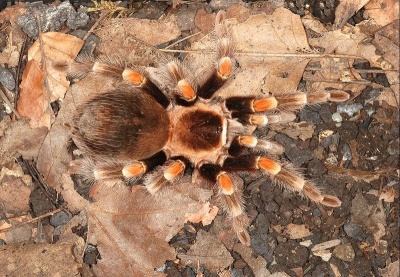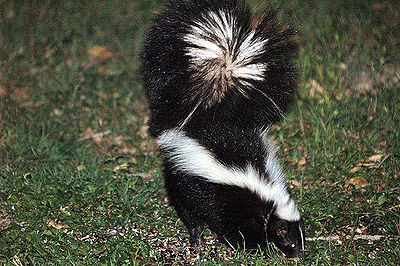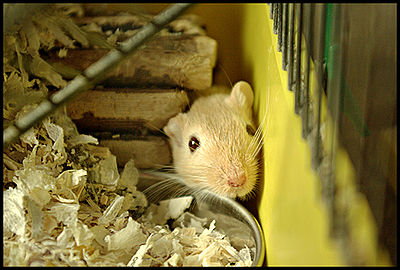
In spite of their reputation for being tough and practically immune to equine illnesses, Donkeys and Mules fall prey to the same diseases as horses. They may be more resistant to certain illnesses but more prone to others affecting their species. Donkeys and mules also need the same care as horses do when it comes to keeping them well-groomed and healthy.
There are differences however between horses and their long-eared cousins, donkeys and mules. Donkeys and mules can withstand hotter climates better; their skin is thicker than that of horses and when injections are needed, larger needles have to be used; they don’t have an undercoat to insulate them from bad weather. Their metabolism is different too, so veterinarians must take this into account when anesthesia or other drugs are necessary.
Donkeys and mules should have the same vaccinations as horses. They seem to be more prone to respiratory diseases. Sarcoids, benign fatty tumors are seen more often in donkeys and mules than horses. They need to be checked regularly for parasites and dewormed according to the veterinarian’s recommendations.
Extra care needs to be taken during castration to prevent excessive bleeding as there are larger blood vessels in the groin area.
Donkeys and mules have longer coats than horses making them more susceptible to lice and rain rot where patches of hair fall out leaving bald spots.
Bones develop more slowly in donkeys and mules than do in horses. It’s best not to push them into racing before at least 4 years of age to avoid injuries. This allows enough time for knee joints to come together.
Donkeys and mules should be socialized with humans at an early age. When they become accustomed to being handled properly, they won’t cause problems when a vet visit is necessary. They have the ability to kick you with a hind leg even if you are standing at the head.
Please check our horse health articles to learn more.



